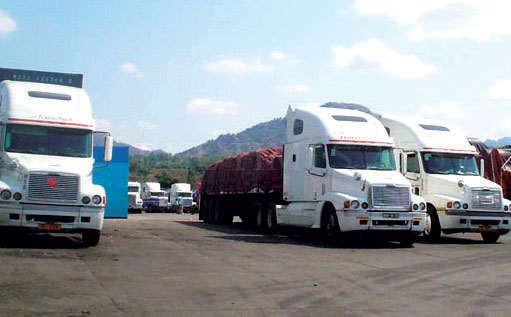Malawi is still negotiating on ‘important’ aspects before it ratifies the Tripartite Free Trade Area (TFTA), the government has said.
Ministry of Industry and Trade spokesperson, Mayeso Msokera, said yesterday that instruments of ratification for the African Continental Free Trade Area (AfCFTA) on the other side are at an advanced stage
He was reacting to a statement by Common Market for Eastern and Southern Africa (Comesa) Secretary General, Chileshe Kapwepwe, who last week said Malawi is among countries that require close monitoring on ratifying the trade agreements.
Kapwepwe said under market integration, 22 out of 28 countries have signed the TFTA Agreement, while only eight have signed and ratified.
“The ratification of TFTA Agreement especially with Zambia, Zimbabwe, Comoros, Tanzania, Sudan, Eswatini and Malawi is one of the activities that will need active follow-up,” Kapwepwe was quoted to have said by an e-Comesa weekly newsletter.
But in an interview, Msokera, said the ratification will only be done once all necessary aspects have been looked into in the best interest of Malawian businesses.
“Negotiations on some critical aspects of the Tripartite Agreement such as the Rules of Origin are still outstanding but at an advanced stage now. Once the negotiations are done, Malawi will in due course, proceed to commence the ratification process by submitting complete set of required documents.
“On the AfCFTA, the government in collaboration with the Ministry of Justice and Constitutional Affairs is currently working on the AfCFTA instruments of ratification to be deposited with the African Union Commission,” Msokera said.
He said this follows an in-depth study that the ministry undertook on benefits of the pact.
The AfCFTA on the other side will bring together all 55 member states of the African Union covering a market of more than 1.2 billion people, including a growing middle class, and a combined gross domestic product of more than $3.4 trillion.
The main objectives of the AfCFTA are to create a single continental market for goods and services, with free movement of business persons and investments, and thus pave the way for accelerating the establishment of the Customs Union.
